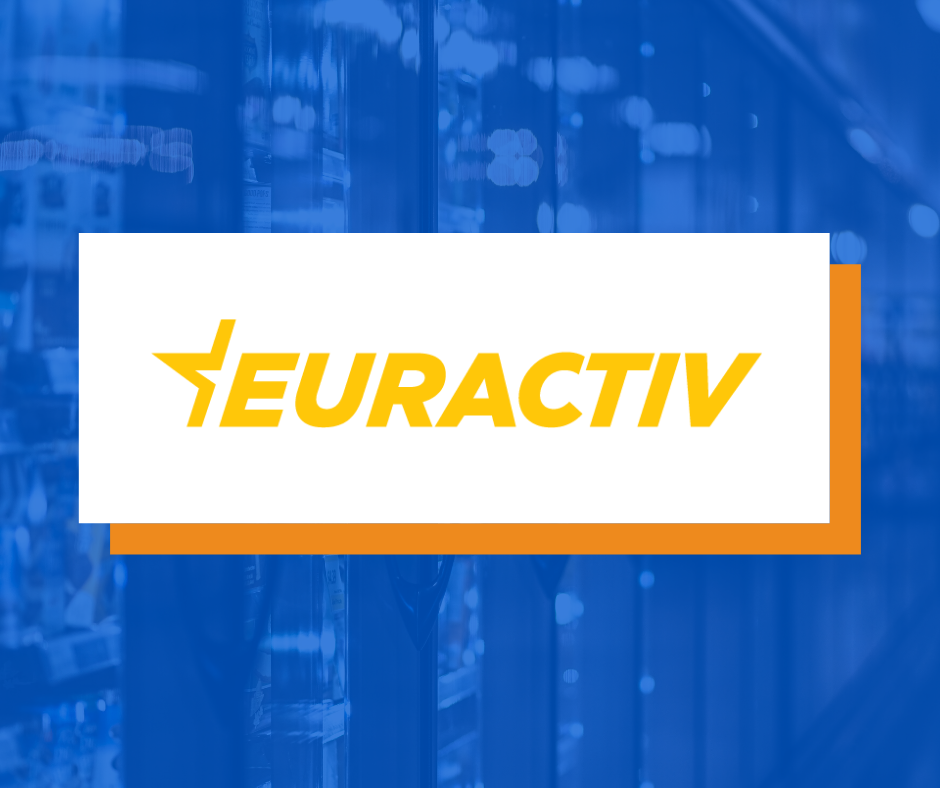It’s been almost three months since most of the world went on complete or partial lockdown. The economic consequences of the pandemic have been devastating, with millions of people losing jobs, individuals losing livelihoods, and businesses going bankrupt.
The good news is that the digitalisation of our societies, and in particular e-commerce has mitigated the damage. We might be going through a plague of epic proportions, but at least we have virtual brands.
At a time when better, less expensive products and services are just a click or two away, the conventional wisdom might be that brands are less important than they once were. But that misses the point. Virtual brands now play a key role in our COVID-19 world, and we should embrace brand freedom more as we slowly get back on track.
Unfortunately, branding and marketing often come under fire as policymakers intervene to limit their impact on the consumer decision-making process. In other words, they are blamed for nudging consumers and tricking them into buying something they wouldn’t want otherwise.
Such an approach begs the question: can we claim that consumers who have access to information about products through branding and marketing — as long as companies are honest — are making irresponsible buying choices? No, and claiming otherwise is mere paternalism.
Governments that trample on brand freedom put not only industries at risk but also consumers. In the past months in which all retail shops have been closed almost everywhere in Europe, consumers have greatly enjoyed the variety of virtual brands. Trust is a crucial part of that relationship.
In the midst of quarantines, European consumers have been using e-commerce channels and other platforms to buy goods and products without needing to interact or inspect with them in real life. The decisions are then solely based on trust for the platform and the brand.
The trust component is paramount, and every time governments intervene, they undermine it. Companies’ reputation is also at risk: it is in their best interest to provide consumers with complete information about their products to avoid customer dissatisfaction, bad reputations, and potential lawsuits.
Digitalisation has reinforced this notion thanks to fast access to peer reviews and social media. It has become fairly easy to compromise the reputation of some brands and expand that of others. Brands are therefore incentivised to be transparent.
Brands and marketing also help distribute information about the products, and more of it is always better. Among other things, more information helps reduce search costs.
Rather than spending more time and effort research and looking for products and all the details, brands help convey the information consumers needs. If there were no brands, we would be spending hours trying to figure out what we are offered, and what the best choices are. In our fast developing world, this opportunity cost is very high.
Our road to economic recovery in the EU will be painful and long. The stakes are high, and we should get it right if we want to restore the prosperity of every individual in Europe. While it might be tempting to impose more market regulations to help the economy get back on its feet, this isn’t always the best solution for consumers.
Especially now, we need more brand freedom and we need to promote this idea at every level of our European institutions. If not, we will have less information and fewer choices. That’s no place to be in modern Europe.
Originally published here.
The Consumer Choice Center is the consumer advocacy group supporting lifestyle freedom, innovation, privacy, science, and consumer choice. The main policy areas we focus on are digital, mobility, lifestyle & consumer goods, and health & science.
The CCC represents consumers in over 100 countries across the globe. We closely monitor regulatory trends in Ottawa, Washington, Brussels, Geneva and other hotspots of regulation and inform and activate consumers to fight for #ConsumerChoice. Learn more at consumerchoicecenter.org



